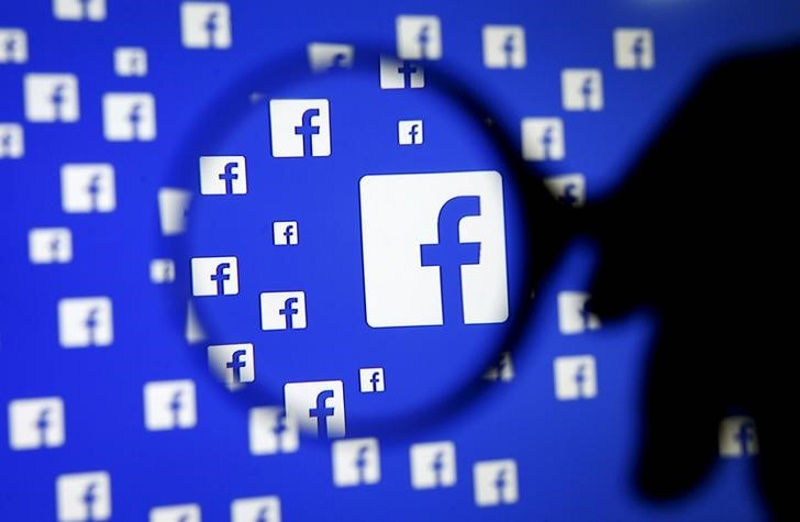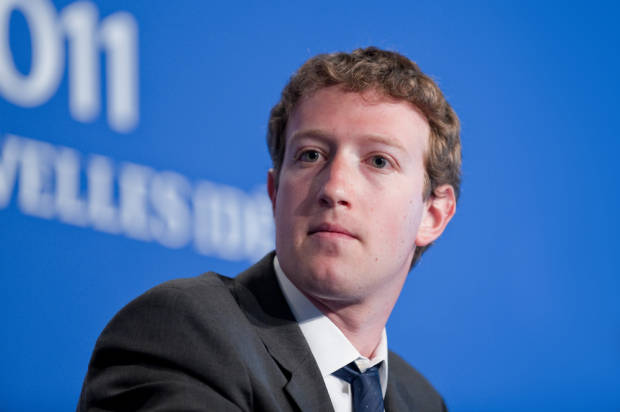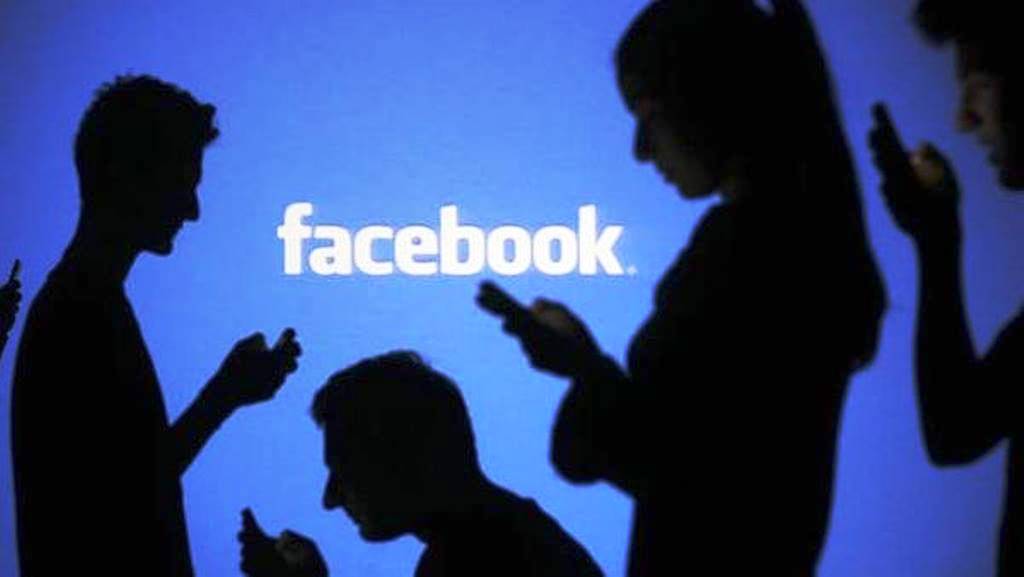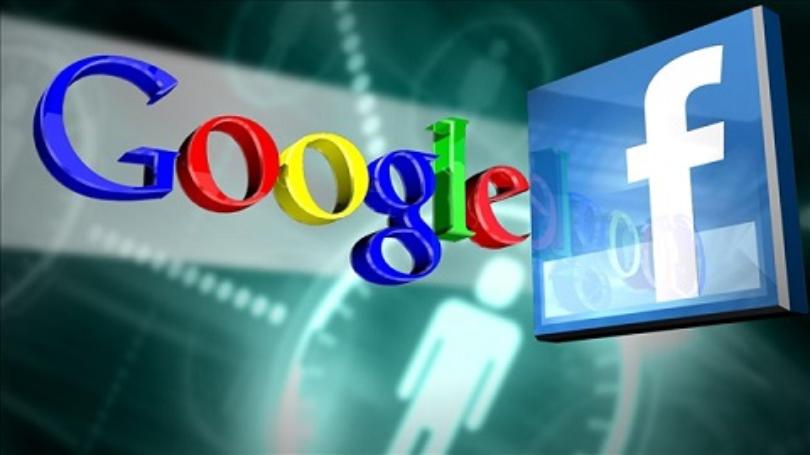As Nigeria counts hours to the 2019 general elections, Facebook has said it will show a voting day reminder at the top of Facebook’s News Feed on Election Day.
TheNewsGuru (TNG) reports Ms Akua Gyekye, Facebook’s Public Policy Manager, Africa Elections made this known on Wednesday in Lagos.
She said the firm had taken eight steps to protect election integrity in Nigeria and Africa.
Gyekye said with the number of upcoming elections across Africa, Facebook was committed to reducing the spread of misinformation, protect election integrity and support civic engagement across the continent, including Nigeria.
She said the social media giant had in recent times dedicated unprecedented resources to these efforts globally, especially in Africa where its efforts had been focused in eight key areas.
According to her, the eight areas include fighting false news, boosting digital literacy to help people spot false news, promoting civic engagement, making political ads more transparent and proactive removal of impersonation accounts.
She said it also included connecting with political parties about security, undertaking the training of journalists on practices for sharing content on its platforms and partnerships with NGOs and civil society groups on the continent.
”We want to stop the spread of false news on our platforms. That is why we have teamed up with local third-party fact-checkers across South Africa, Nigeria, Kenya, Cameroon and Senegal.
”They include Africa Check, Agence France-Presse (AFP), Pesa Check (a local Kenyan fact-checking organisation) and Dubawa (a local Nigerian fact-checking organisation).
”These independent groups help us assess the accuracy of news shared on Facebook, and when they determine content is false, we reduce its distribution in News Feed so fewer people see it.
”We also show related articles from fact-checkers for more contexts and notify users if a story they have shared is rated as false,” she said in a statement.
Gyekye said that in Nigeria, WhatsApp had worked with Africa Check and CrossCheck Nigeria to let users send questions about potential rumours they have received through the platform.
She said that these fact-checking expansions were part of a broader strategy to fight fake news that included extensive work to remove fake accounts and cut off incentives to the financially-motivated actors that spread misinformation.
Gyekye said that Facebook had also intensified efforts to help people spot false news on their own and to flag it, rolling out educational tips on national and regional radio and in print media across Nigeria, South Africa, Zambia, Kenya and Zimbabwe.
She said that in Nigeria, WhatsApp had launched its ”Share Facts, Not Rumours” campaign, to help increase awareness about hoaxes.
According to her, at the end of 2018, Facebook began a new online safety programme for students in Nigerian secondary schools.
She said that the 12-week workshop was designed to help teenagers understand the fundamentals of online safety and digital literacy.
Gyekye said that Facebook was also promoting civic engagement around the elections.
She said that in Nigeria, the firm had rolled out new options in English and Hausa, so people could report posts that contain incorrect election information, encourage violence or otherwise violate its community standards.
According to her, on Election Day, Facebook will show a voting day reminder in English and Hausa at the top of Facebook’s News Feed.
”Arguably one of its boldest moves to date, Facebook is also making political ads more transparent across the globe including Africa.
”Earlier this month, it began temporarily expanding enforcement and not accepting foreign election ads on Facebook in Nigeria to help prevent foreign interference.
”Another measure deployed has been the proactive removal of impersonation accounts, thanks to recent advancements in its detection technology, which has made it to become much more effective at identifying these accounts.
”We want Facebook and WhatsApp to be places where people feel safe, can access accurate information and make their voices heard.
”We are making significant investments, both in products and in people, and continue to improve in each of these areas,” Gyekye said.




